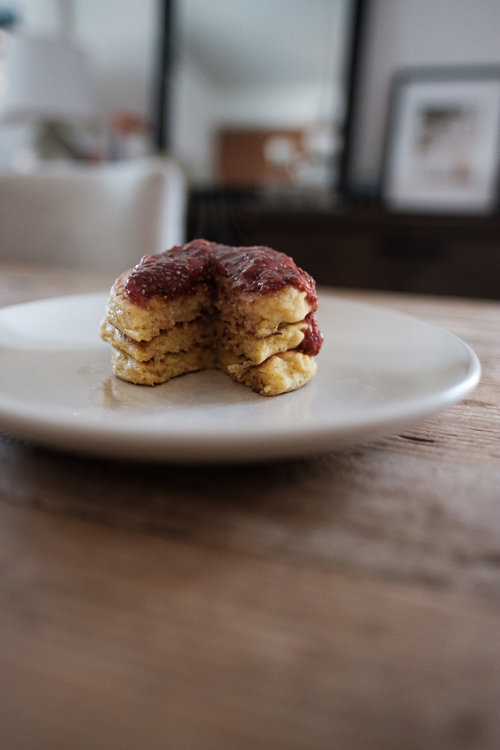I am taking another dip into a Day of Awe.
It was raining today. Is this a day to stay inside? Today’s rain leaves me chilled. I pull out one of my quilts, curl up with Sue — one of our dogs — and notice what cozy feels like. Cozy is a beautifully subtle Darjeeling tea.

As the rain has stopped, I can take a step out into the hushed world. The clouds bring everything closer. I carry a poem with me to remind me why:
I don’t know where prayers go,
or what they do.
Do cats pray, while they sleep
half-asleep in the sun?
Does the opossum pray as it
crosses the street?
The sunflowers? The old black oak
growing older every year?
I know I can walk through the world,
along the shore or under the trees,
with my mind filled with things
of little importance, in full
self-attendance. A condition I can’t really
call being alive.
Is a prayer a gift, or a petition,
or does it matter?
The sunflowers blaze, maybe that’s their way.
Maybe the cats are sound asleep. Maybe not.
While I was thinking this I happened to be standing
just outside my door, with my notebook open,
which is the way I begin every morning.
Then a wren in the privet began to sing.
He was positively drenched in enthusiasm,
I don’t know why. And yet, why not.
I wouldn’t persuade you from whatever you believe
or whatever you don’t. That’s your business.
But I thought, of the wren’s singing, what could this be
if it isn’t a prayer?
So I just listened, my pen in the air.
Today my practice is an awe walk. My dogs remind me that everyday is an important awe-walk day. I don’t go far, around our block and down by the lake. I approach my surroundings with fresh eyes. I live in a suburban neighbourhood and I see ordinary features transformed into something more extraordinary. Today two white-tailed doe bound across an empty lot towards the forest beside the train tracks.
When you look with new eyes, what do you see?







